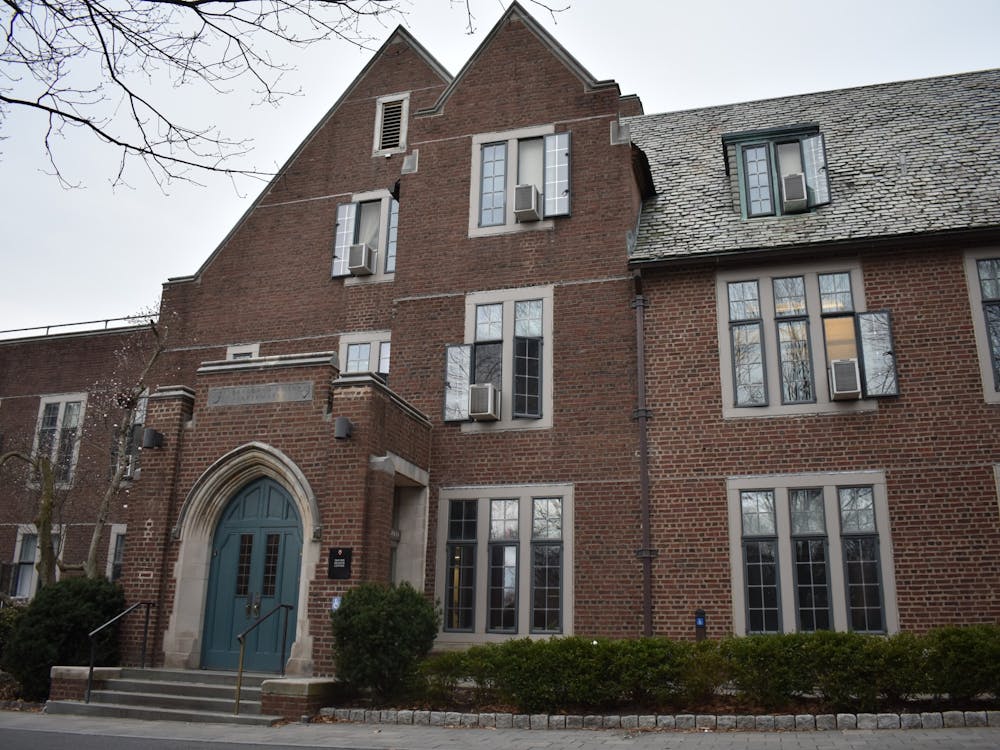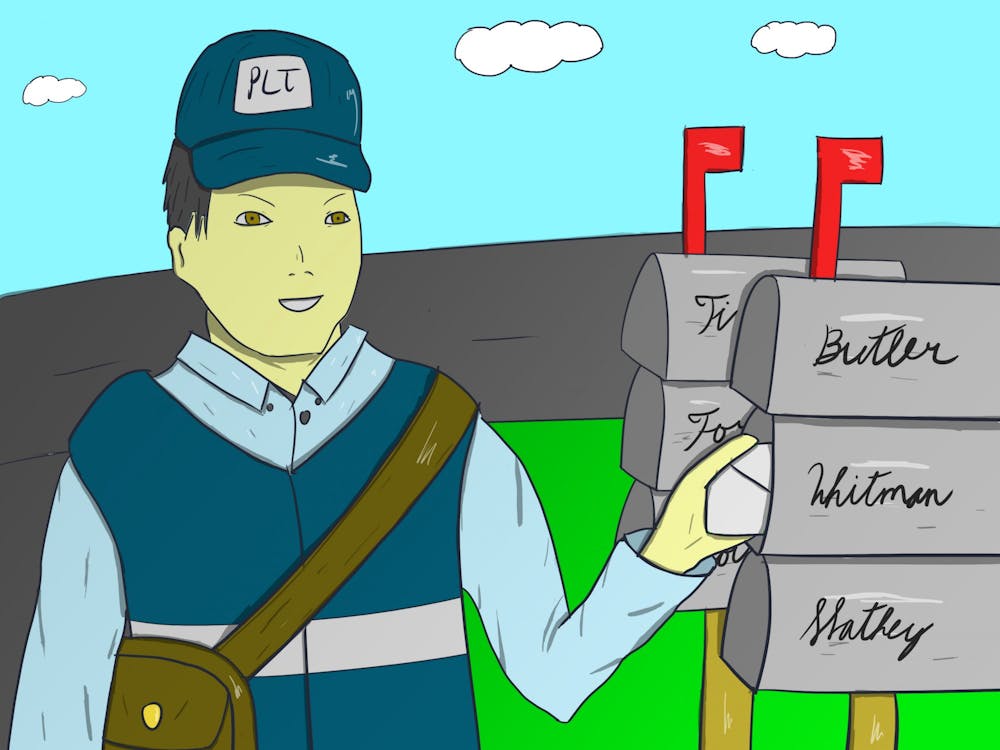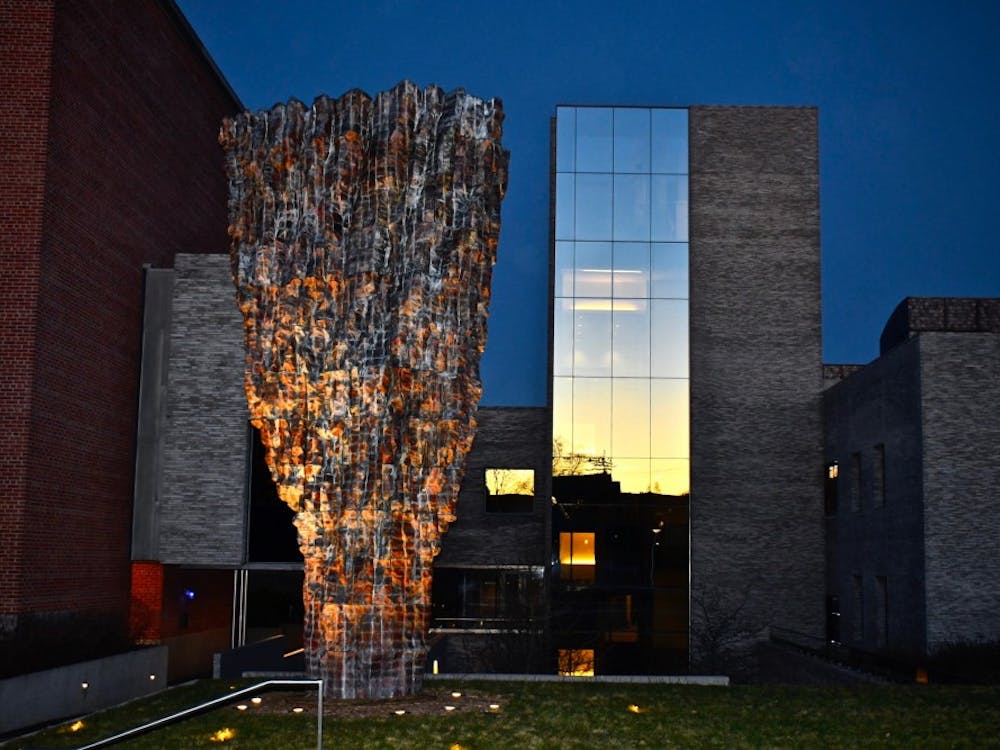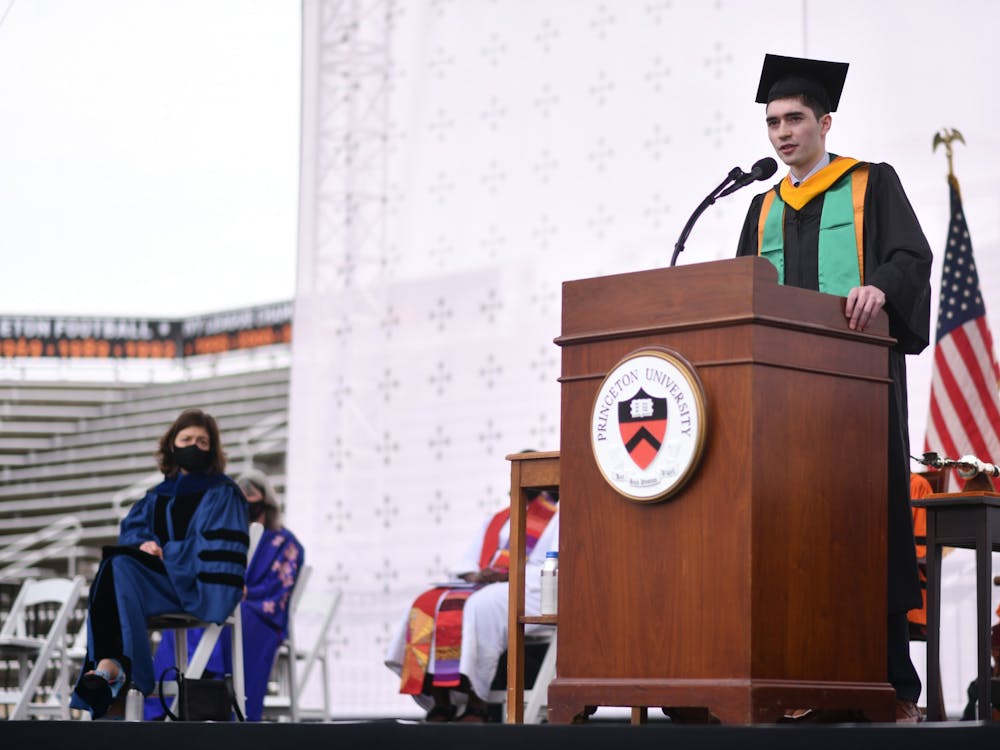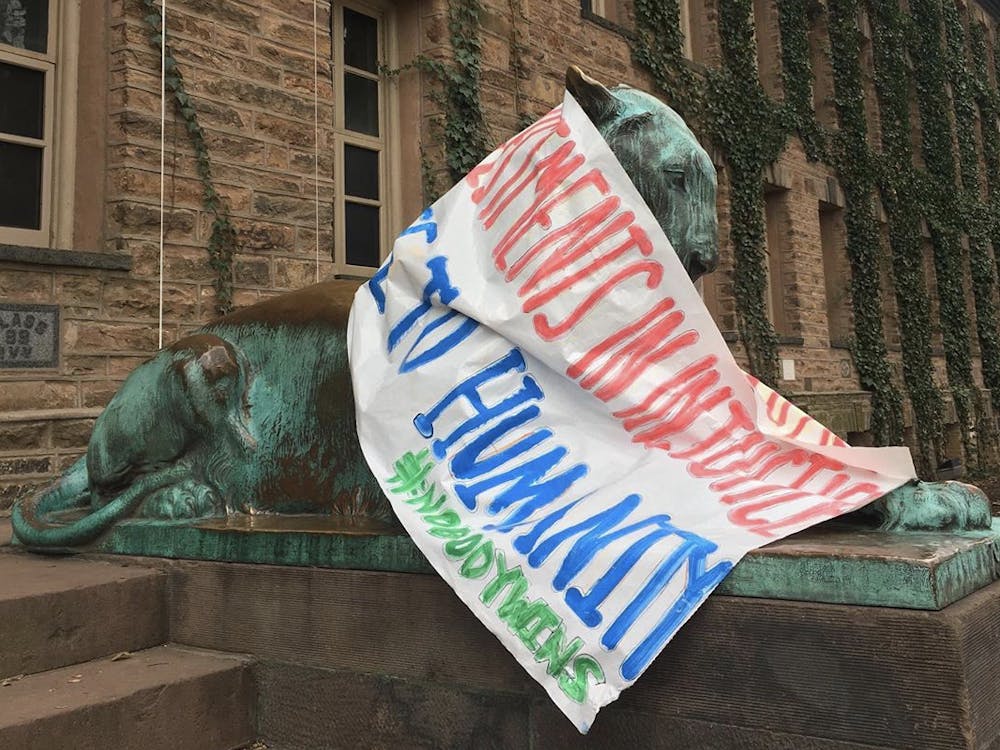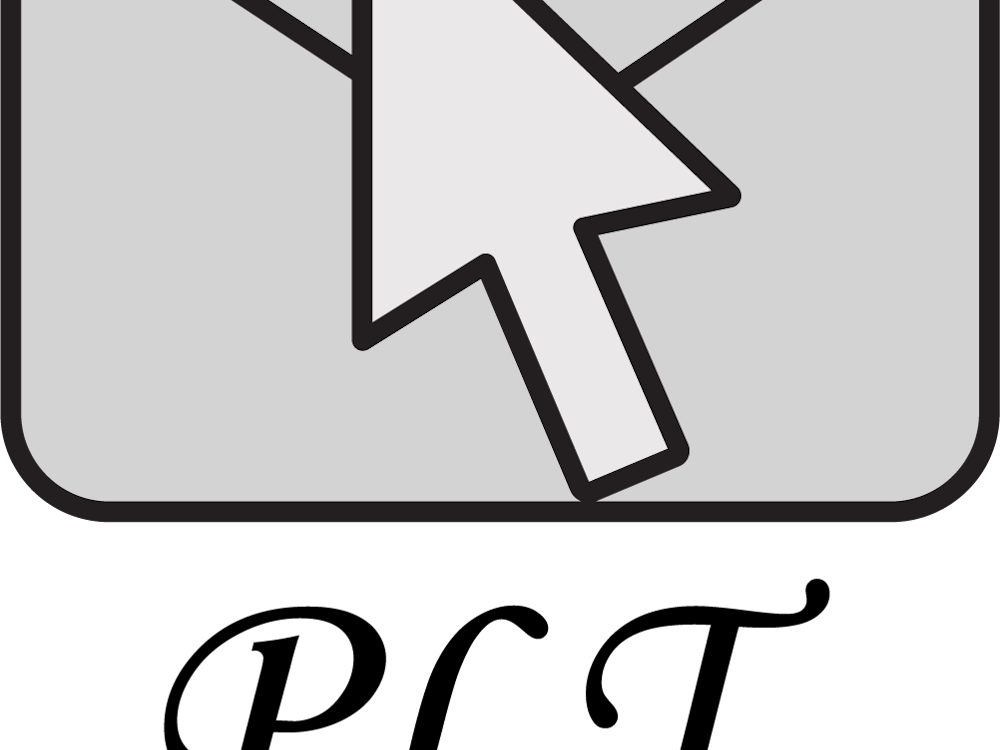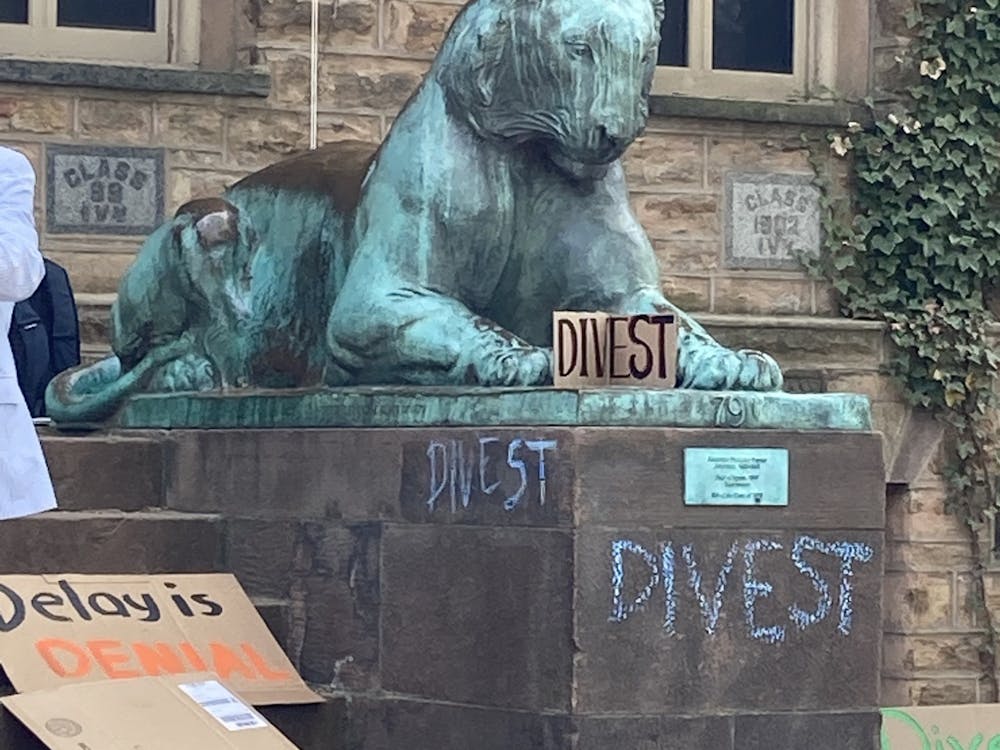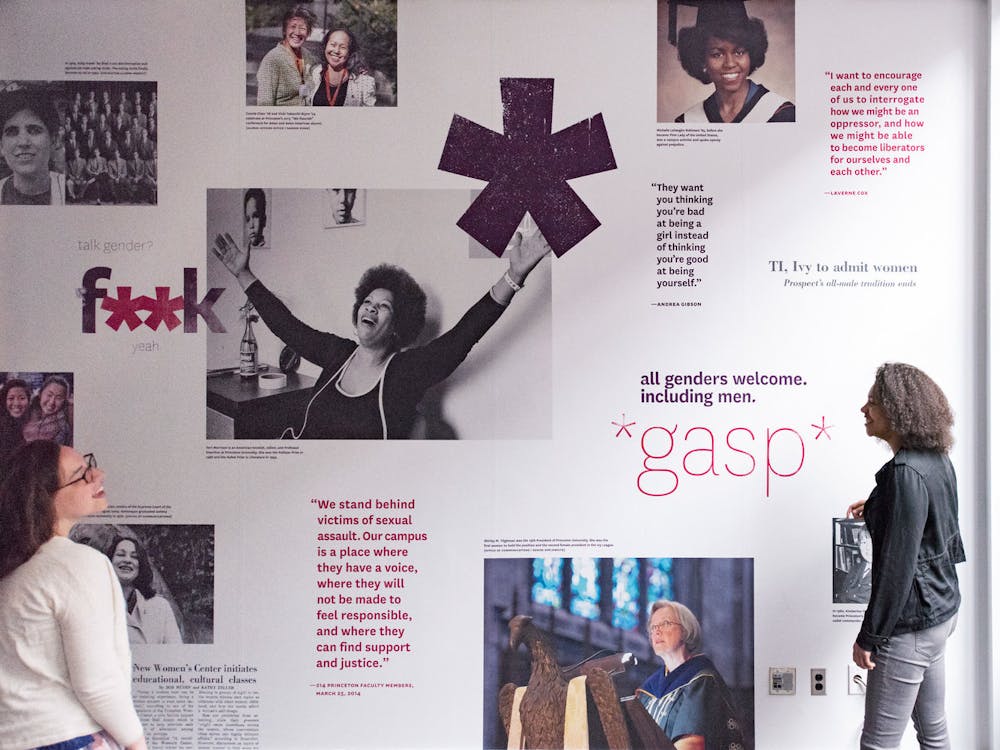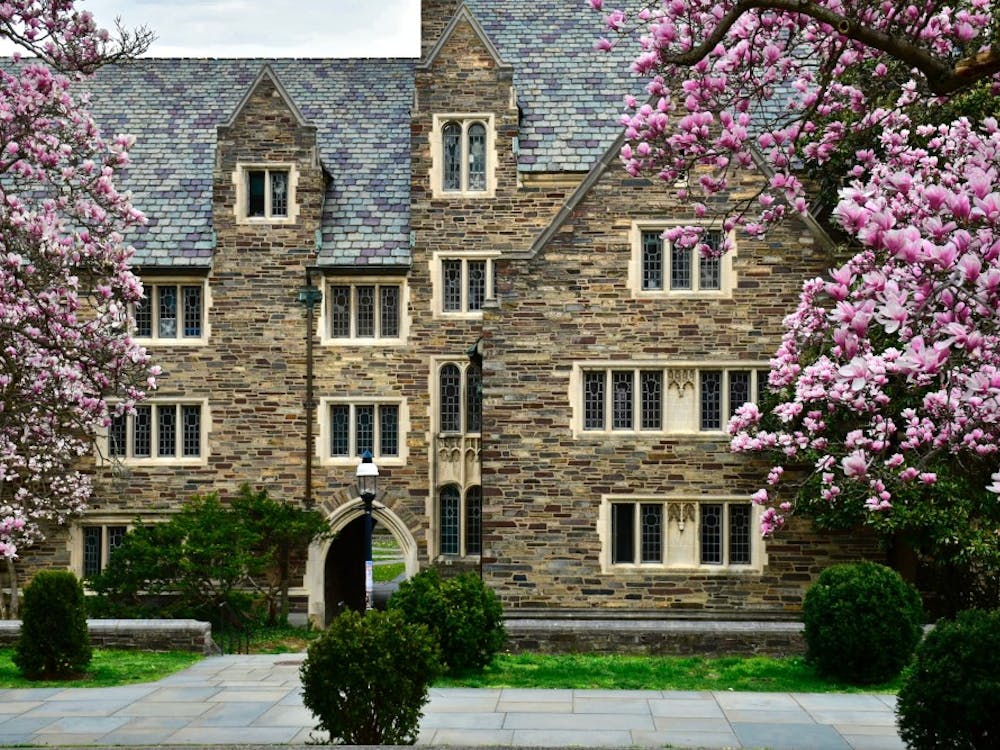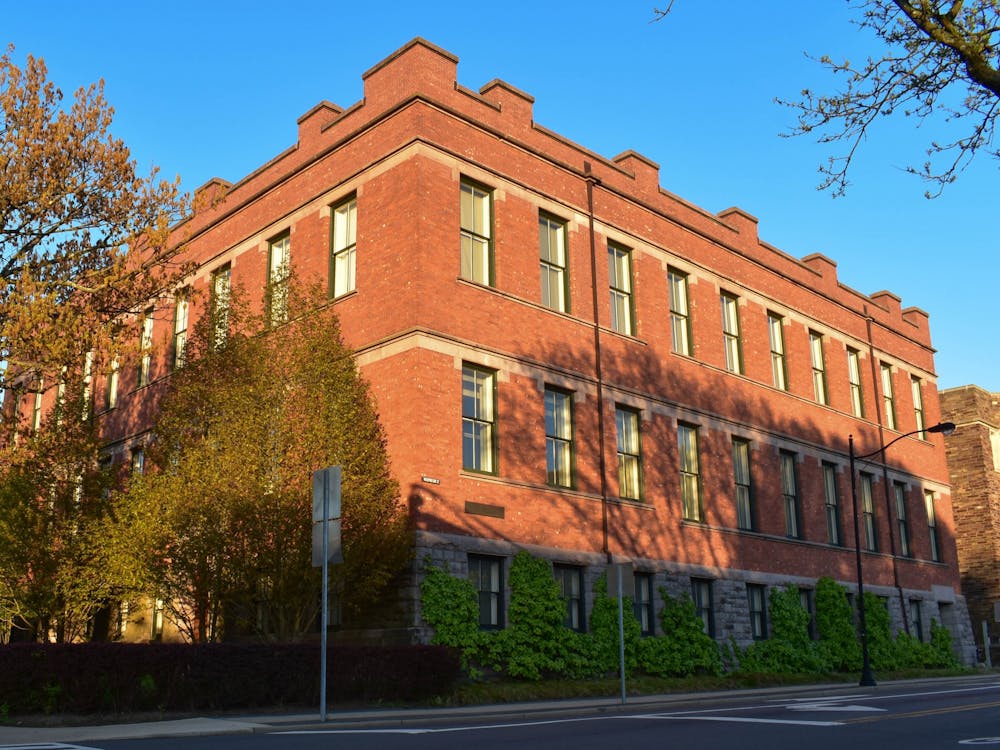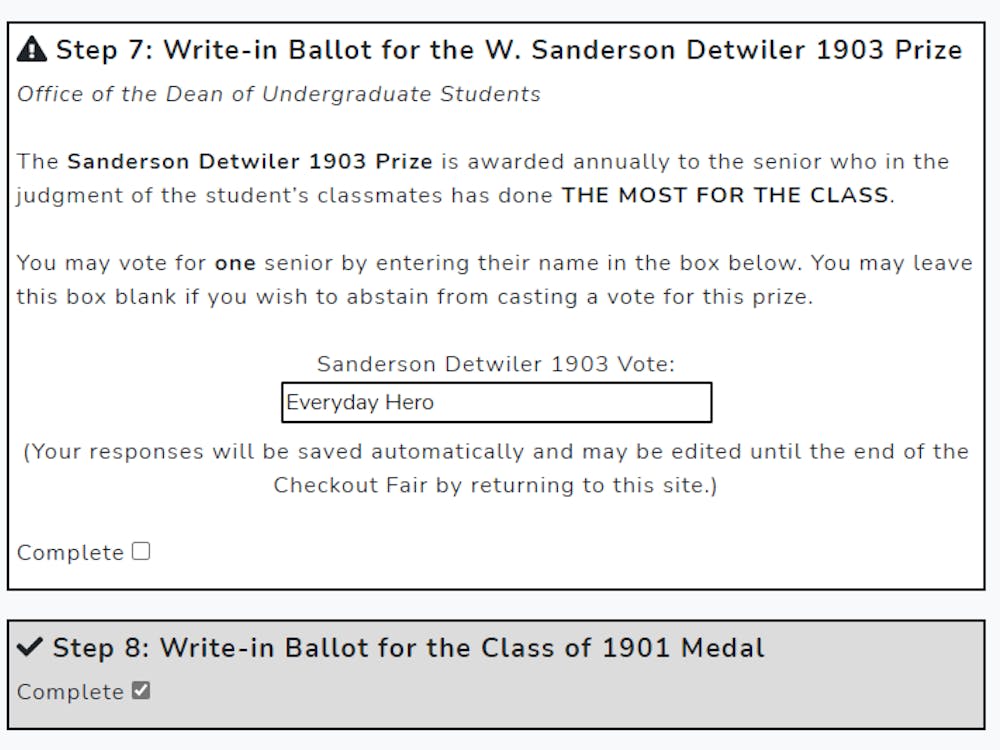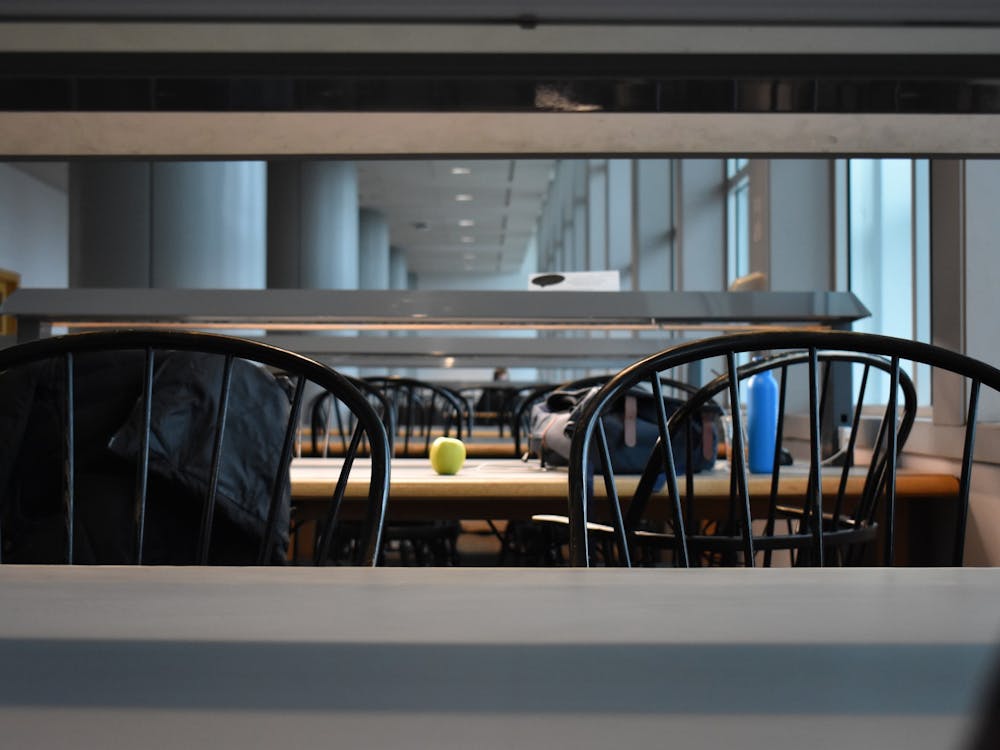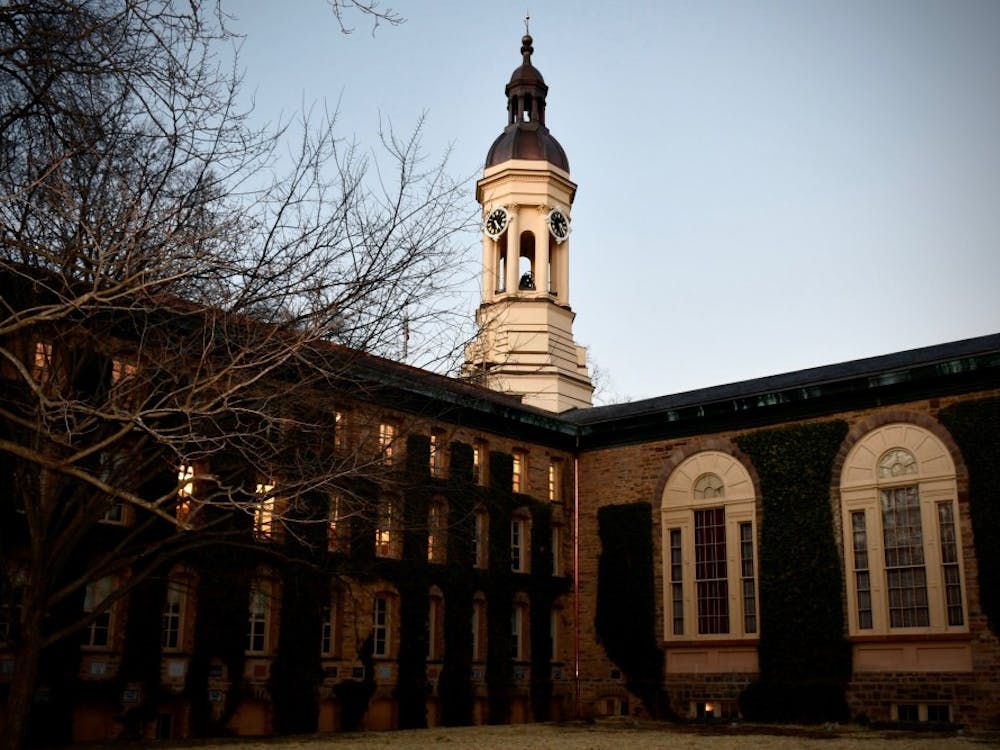To break the cycle of violence in Israel and Palestine, end the occupation
Guest Contributors“Ultimately, a world where all Israelis and Palestinians can live and prosper with peace and dignity is possible, and getting there requires us all to engage deeply with both the history of the region and the people inhabiting it, as well as its current reality.”
“Ultimately, a world where all Israelis and Palestinians can live and prosper with peace and dignity is possible, and getting there requires us all to engage deeply with both the history of the region and the people inhabiting it, as well as its current reality.”









